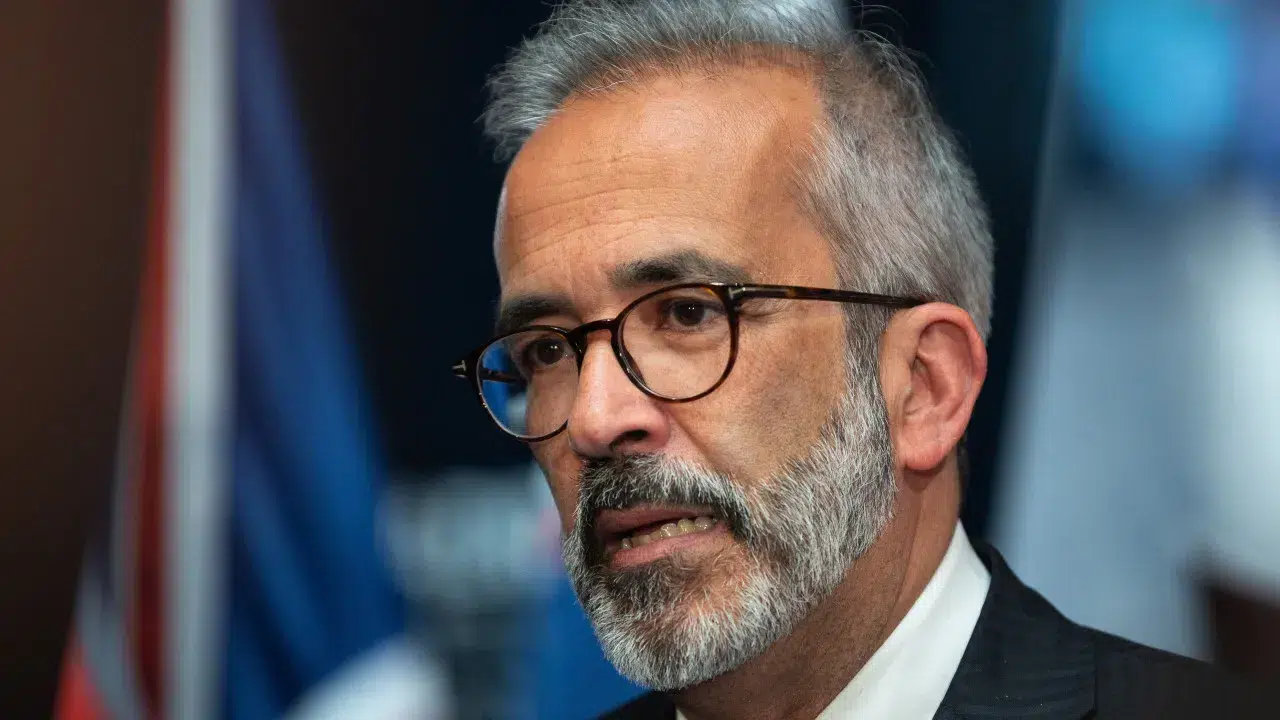Legislative package puts an end to new local lodging licenses and postpones to 2030 the reevaluation of the current ones. Lease and coercive works of vacant properties promise controversy. Right speaks of a statist program, left in freebies to real estate interests.
With the problem of access to housing to assume large proportions in the country, the government yesterday advanced with a package of measures 900 million euros to try to mitigate the growing difficulties of the Portuguese to rent or ensure the payment of the loan house. In a package that includes more direct (and limited) support to rents or interest payments, and tax benefits to landlords, there are also more unexpected measures such as the end of municipal authorizations to licensing or a scheme of “compulsory lease” of vacant houses .
António Costa, who presented the plan at Palácio da Ajuda, flanked by Housing Minister Marina Gonçalves and Finance Minister Fernando Medina, called them “disruptive measures. The opposition, however, reserved other adjectives for the program presented by the Prime Minister, with the PSD talking about “statist” measures, Chega a “model of delay” and the Liberal Initiative an “unsustainable aggression” to private property. On the left, the PCP pointed to the government’s program as a set of “tax freebies for the big property owners”. For the BE, it is also a “transfer of income to banks and real estate interests”. Entitled “More Housing”, the program presented by António Costa will now go to public consultation, for a period of one month, and will return to the Council of Ministers for final approval on March 16. But a good part of the measures will follow for parliamentary approval, since they are matters of the competence of the Assembly of the Republic.
Support for rents and the return of subsidized interest rates
Divided into five strategic axes, the Executive’s plan proposes to increase the number of properties allocated for housing use; simplify the licensing processes for construction, acquisition, and use of housing; increase the supply of rental housing; combat speculation; and support families.
It is in this last axis that the most direct support to tenants and holders of housing loans fit. According to what António Costa said yesterday, the government will subsidize the interest rate on home loans up to 200 thousand euros, of households taxed up to the sixth IRS tax bracket (taxable income up to 38 632 euros) and that have recorded an increase that exceeds the stress tests carried out when the loan was contracted – the subsidy will be 50% on the amount “that is above the maximum value” recorded in the tests. A temporary measure limited to a maximum benefit of 720 euros. Also foreseen is the obligation for banks to offer fixed-rate loans to clients. And the exemption of capital gains to amortize mortgages for own or descendants’ mortgages – until now, capital gains were not subject to tax as long as they were used, within a period of three years, to purchase a home of their own, which will now be extended to the purchase of children’s homes.
Also in this chapter, but in relation to rents, the possibility of a monthly contribution of up to a maximum of 200 euros is created, when the tenants have an “effort rate higher than 35%” and the rent of the house is within the values set by the IHRU for the respective municipality and for households with incomes up to the sixth income bracket of the IRS (the same 38,632 euros).
State pays rents of defaulting tenants
In the third axis of action, which aims to increase the number of houses in the rental market, are some of the most emblematic – and most controversial – measures of the package presented yesterday by the government. Starting with the fact that the State will substitute itself for landlords in the eviction of tenants who do not pay the rent for a period of three months. In these circumstances, the State will guarantee the payment of rents to the landlord and the subsequent eviction – if any – of the tenant. That is, if the reasons for the rent default are related to a “socially acceptable” reason, the tenant may be supported or even re-housed. Otherwise they will be evicted by the State. A measure that António Costa justified with the need to give confidence to landlords, even though he underlined that the “rent payment default rate is extremely low”.
In addition to this measure and with the same goal of putting more houses on the market, the government “proposes to lease houses” to owners “at normal prices, for five years” and paying one year’s rent in advance, and then sublease them at affordable rents. In the same axis is also foreseen exemption from capital gains tax for those who sell properties to the State or municipalities.
Another measure that promises controversy will be the creation of a regime of “compulsory renting” of vacant houses, in which the municipalities will pay the “owner the rent due”, and will then sublet them at affordable prices.
End of new AL licenses
As part of the package of measures for housing, the government will also ban the issuing of new local accommodation licenses, a generalized measure that will have as an exception a number of municipalities in the interior of the country.
The current licenses will be reassessed in 2030 and every five years thereafter. The local accommodation sector will also be subject to an extraordinary contribution that will accrue to the IHRU (Housing and Urban Rehabilitation Institute) to support housing policies. On the other hand, local accommodation owners who transfer properties to traditional rental will benefit from zero taxation on property income until 2030.
Decisions that have already been contested by the sector, which claims that “all these measures will create not only an enormous uncertainty for private investment but will also make it unviable”. Complaining of “Government persecution”, ALEP – Local Lodging Association in Portugal maintains that this sector is “used as a scapegoat” when it is the “least of the Executive’s problems when it comes to housing”.
Revolution in licensing
A real revolution is underway in the area of licensing simplification: architecture projects are no longer subject to municipal licensing. Instead, chambers will issue the license based on a term of responsibility of the designers. Costa called it a “great innovation” and promised a “very hard sanctioning framework” for those who don’t respect the rules. With the same goal of speeding up projects, the prime minister also said that, in cases where the processes involve consulting central government entities, these will suffer an “effective financial penalty” when they do not meet the deadlines set out in the law.
Other measures of the “More Housing” plan
Limited increase of rents in new contracts
António Costa defended that the time has come to create mechanisms to limit the increase of rents in new contracts, which will be subject to a ceiling based on the inflation rate of previous years and the medium term inflation target of the ECB (European Central Bank).
Autonomous income tax rate on rents is lowered
The autonomous IRS rate on rents will be lowered from 28% to 25%. The IRS rate applied to contracts between five and 10 years will decrease from the current 23% to 15%, for contracts between 10 and 20 years it will decrease from 14% to 10%. For contracts lasting more than 20 years, the tax rate drops from 10% to 5%.
Coercive works in vacant houses
A credit line of 150 million euros will be created, directed to municipalities, so that they can carry out coercive works in vacant houses.
Land for commerce and services can become housing
Land or property authorized for commerce and services will be able to be used for construction or converted into housing without changing land use plans or licenses.
End of Gold Visas
There will be an end to Gold visas in their various forms. As for those already granted, “renewal will only take place if they are for the owner’s own and permanent residence or if the property is placed on the rental market on a permanent basis.




